Active Social Lives Help Dementia Patients, Caregivers Thrive
People with dementia and those who care for them should be screened for loneliness, so providers can find ways to keep them socially connected.
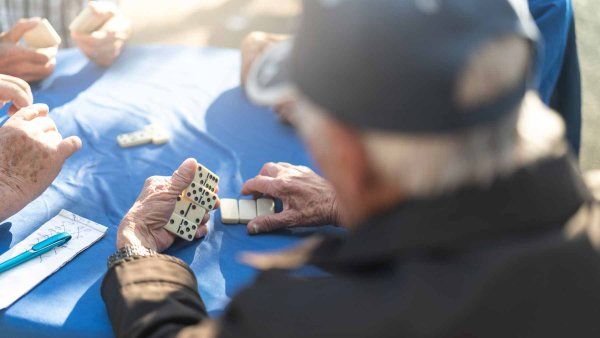
University of California San Francisco
Give to UCSFPeople with dementia and those who care for them should be screened for loneliness, so providers can find ways to keep them socially connected.

Pediatric cases of metabolic dysfunction-associated steatotic liver disease (MASLD) have spiked in the last decade, especially amongst Latino children. Food insecurity might be the reason why.

The COVID-19 virus can persist in the blood and tissue of patients for more than a year after the acute phase of the illness has ended.
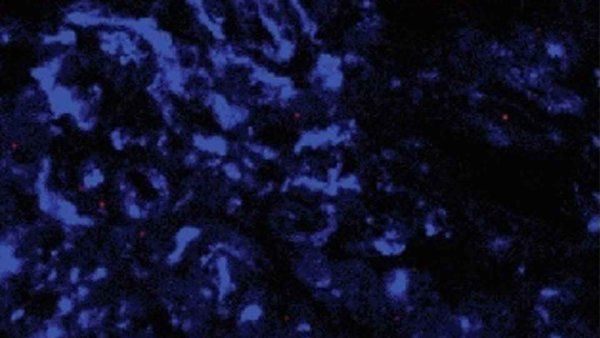
The Allen Institute is the newest member of the Weill Neurohub, a collaborative research network advancing treatments for neurological diseases.
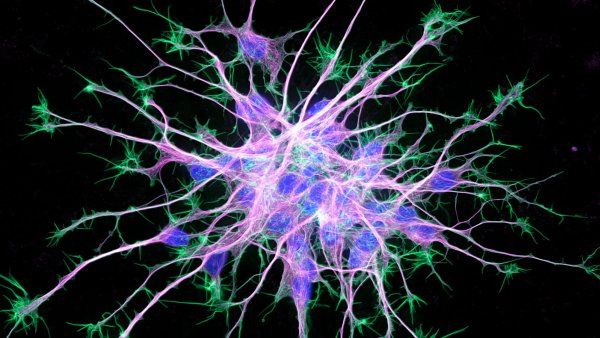
A first of its kind study finds that the COVID vaccine is safe to administer during pregnancy, causing no abnormal delays when the infants were tested at 12 months and again at 18 months.

With Spring Forward setting our clocks one hour ahead, “Sleepy Monday” can have a temporary effect on our sleeping patterns. Aric Prather explains how.

Researchers recently identified a universal, essential biomarker for the childhood cancer neuroblastoma – and the biomarker could be a potential new target for treatment. Neuroblastoma accounts for

A new drug candidate permanently modifies a wily cancer-causing mutation, paving the way for making pancreatic cancer treatable, or perhaps even curable.
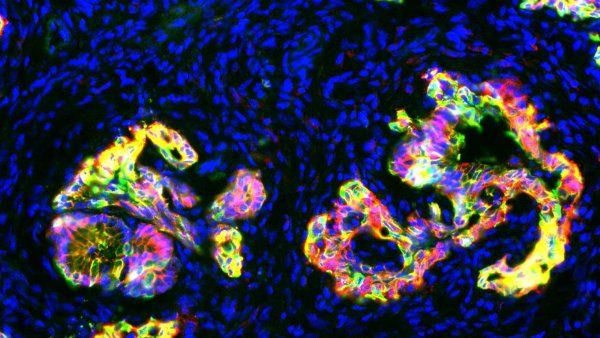
Delivering medicine through amniotic fluid is as effective as delivering it to the fetal brain via cerebrospinal fluid to treat serious disordrs such as Angelman syndrome.

Juvenile myelomonocytic leukemia (JMML) is a rare but aggressive childhood leukemia. While hematopoietic stem cell transplantation is curative for some patients, approximately half of all patients see

Artificial intelligence could potentially help extract liver tumor data at a much faster and accurate rate, setting possibilities for improved liver cancer care.
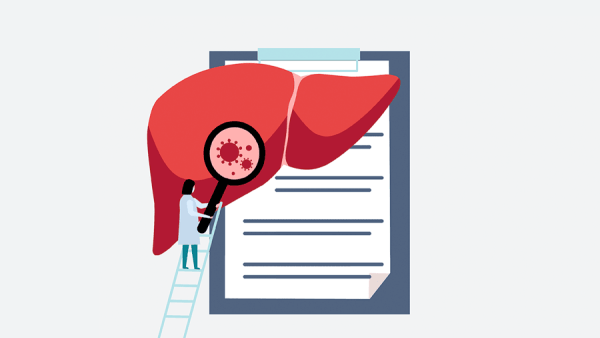
UCSF scientists may have discovered a new way to test for autism by measuring how children’s eyes move when they turn their heads.
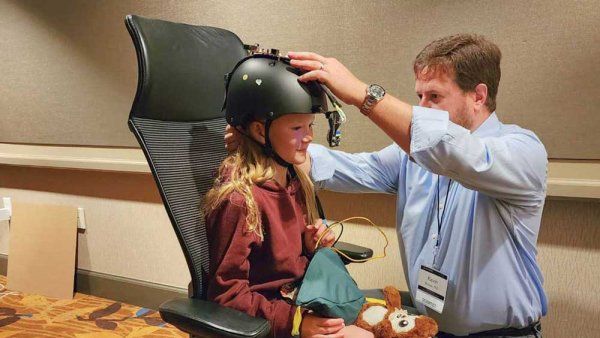
Daily cannabis smokers have a 25% increased risk of heart attack and a 42% increased risk of stroke compared to non-users.

Tracey Woodruff, PhD, MPH, offers insights on what her research on microplastics has led her to change how she and her family eats and what cleaning products she uses.
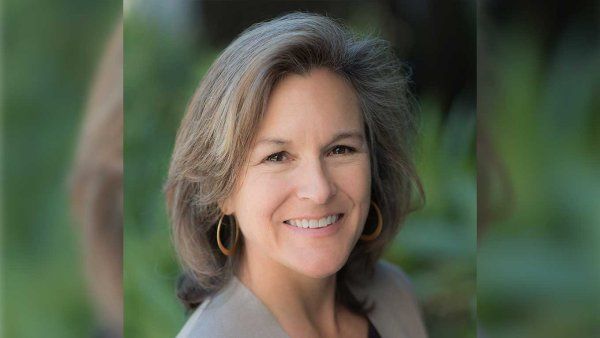
UCSF will launch the world’s first tissue bank with samples donated by patients with long COVID.
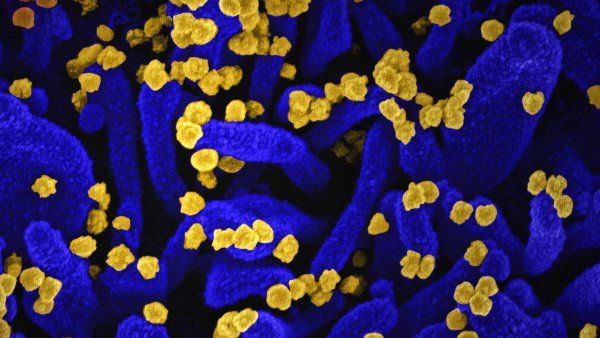
UCSF scientists found a way to predict Alzheimer’s disease up to seven years before symptoms appear by analyzing patient records with machine learning. Conditions that most influenced prediction of Alzheimer’s were high cholesterol and, for women, osteoporosis.

UCSF is a leading recipient of National Institutes of Health (NIH) funding for research, with a focus on advancing health sciences and medicine.
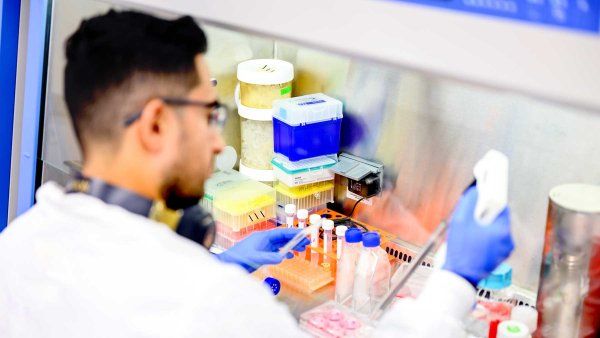
Rather than simply hearing a string of notes, the brain is assessing them for patterns and predicting which notes will be next.
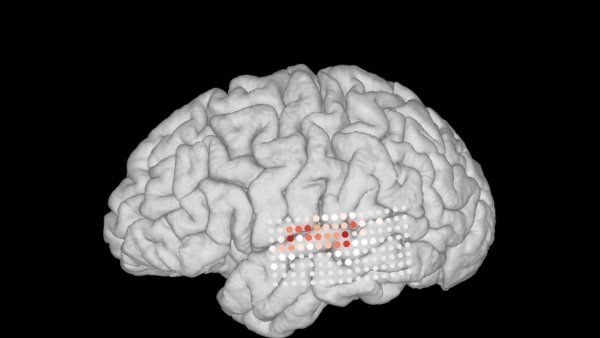
Biophysicist Aashish Manglik, MD, PhD, is the newly awarded 2024 Bowes Biomedical Investigator. With the award, he hopes to further the intersection of his GPCR research and neuropsychiatric diseases.
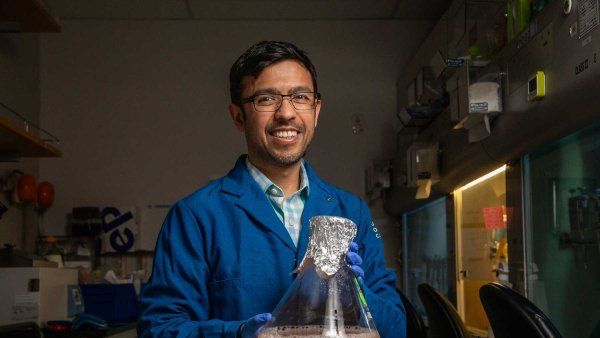
Medication abortion can be delivered safely and effectively through telemedicine, according to new research that comes as the U.S. Supreme Court is about to hear a case that could severely restrict access to one of the two pills that are used to induce abortions.
